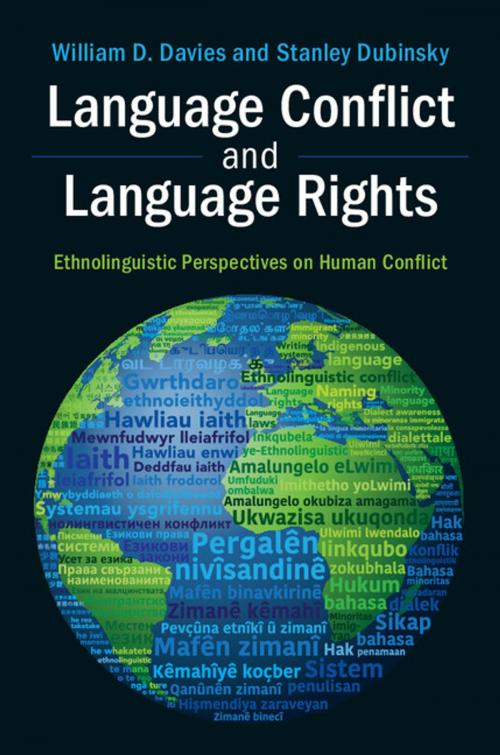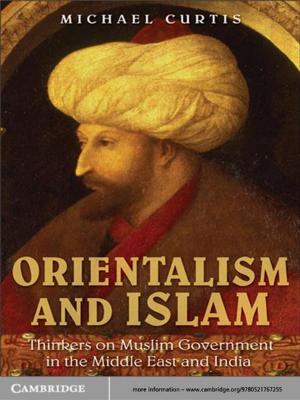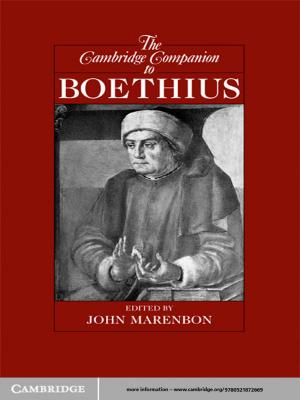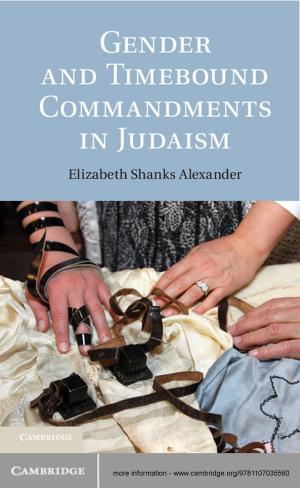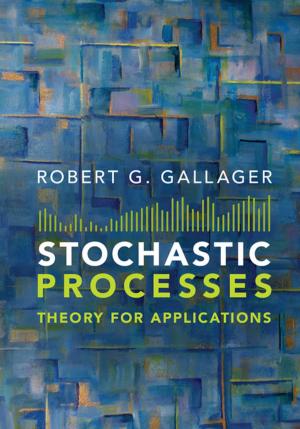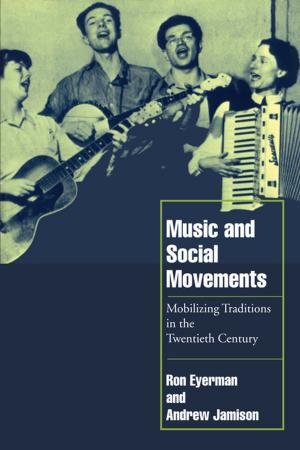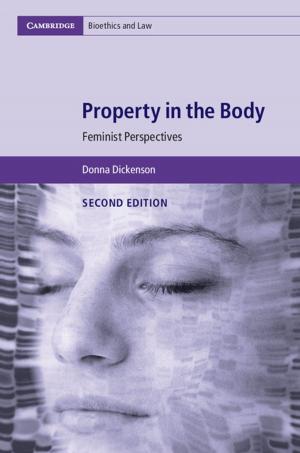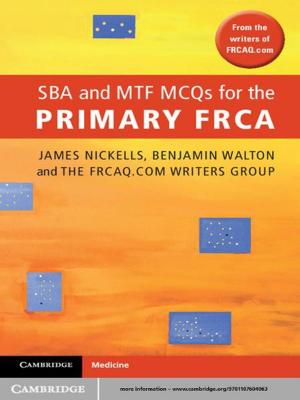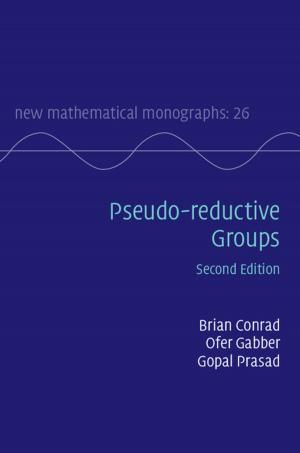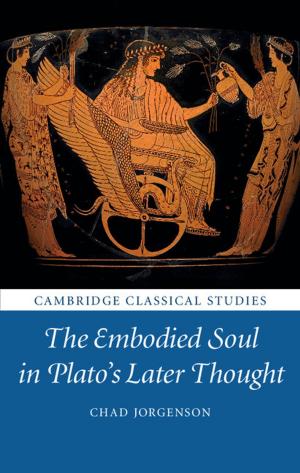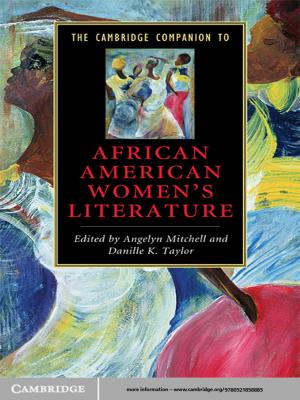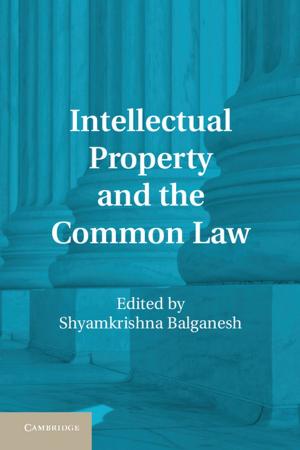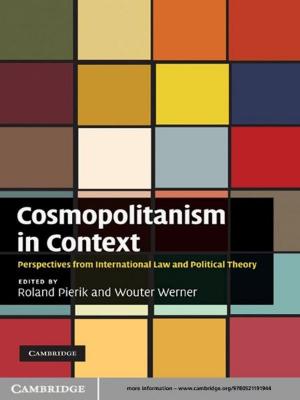Language Conflict and Language Rights
Ethnolinguistic Perspectives on Human Conflict
Nonfiction, Reference & Language, Language Arts, Linguistics, Social & Cultural Studies, Social Science| Author: | William D. Davies, Stanley Dubinsky | ISBN: | 9781108655477 |
| Publisher: | Cambridge University Press | Publication: | July 31, 2018 |
| Imprint: | Cambridge University Press | Language: | English |
| Author: | William D. Davies, Stanley Dubinsky |
| ISBN: | 9781108655477 |
| Publisher: | Cambridge University Press |
| Publication: | July 31, 2018 |
| Imprint: | Cambridge University Press |
| Language: | English |
As the colonial hegemony of empire fades around the world, the role of language in ethnic conflict has become increasingly topical, as have issues concerning the right of speakers to choose and use their preferred language(s). Such rights are often asserted and defended in response to their being violated. The importance of understanding these events and issues, and their relationship to individual, ethnic, and national identity, is central to research and debate in a range of fields outside of, as well as within, linguistics. This book provides a clearly written introduction for linguists and non-specialists alike, presenting basic facts about the role of language in the formation of identity and the preservation of culture. It articulates and explores categories of conflict and language rights abuses through detailed presentation of illustrative case studies, and distills from these key cross-linguistic and cross-cultural generalizations.
As the colonial hegemony of empire fades around the world, the role of language in ethnic conflict has become increasingly topical, as have issues concerning the right of speakers to choose and use their preferred language(s). Such rights are often asserted and defended in response to their being violated. The importance of understanding these events and issues, and their relationship to individual, ethnic, and national identity, is central to research and debate in a range of fields outside of, as well as within, linguistics. This book provides a clearly written introduction for linguists and non-specialists alike, presenting basic facts about the role of language in the formation of identity and the preservation of culture. It articulates and explores categories of conflict and language rights abuses through detailed presentation of illustrative case studies, and distills from these key cross-linguistic and cross-cultural generalizations.
